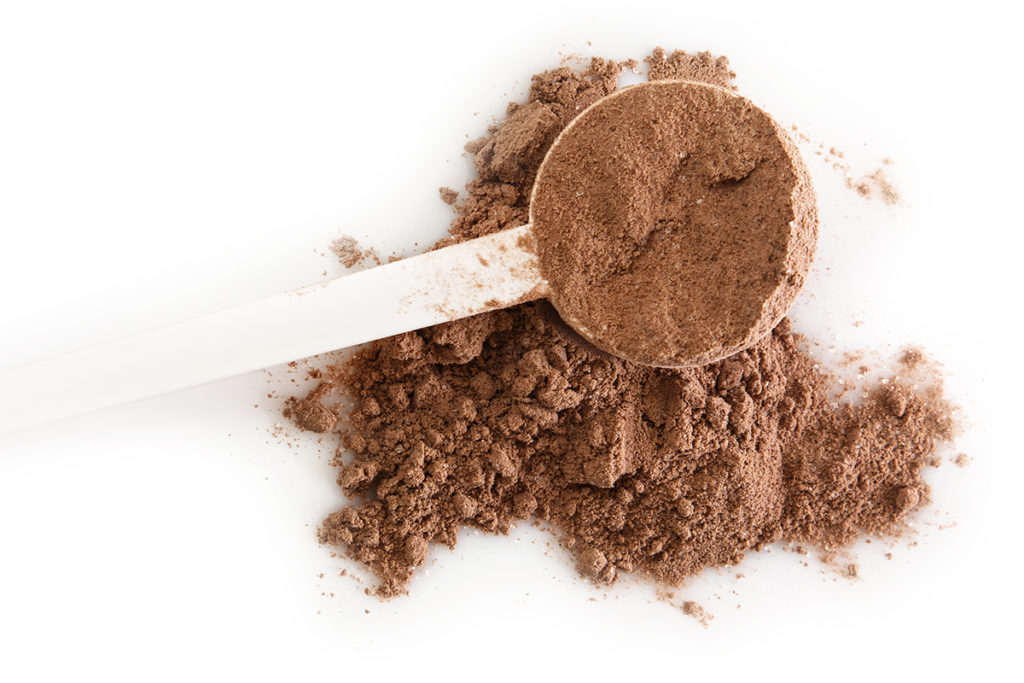High-Sugar Food and Brain Activity
Study finds a reason we can’t keep our hands out of the cookie jar.

Researchers at the Max Planck Institute for Metabolism Research in Cologne, in collaboration with Yale University, have demonstrated that foods with high sugar and fat content such as sweets and fried foods alter our brains: If we regularly eat them, even in small amounts, the brain is rewired to unconsciously prefer (“crave”) them in the future. Their study, published in Cell Metabolism, measured the brain activity of a group given a dessert high in fat and sugar each day for two months alongside their normal diet. A control group received a daily dessert that contained the same amount of calories, but less fat and sugar.
Activity of the brain’s “dopaminergic” system, which releases the feel-good hormone dopamine in the region of the brain responsible for motivation and reward, was measured before and after the eight-week experiment. The research team observed that at the end of the study, dopaminergic brain activity was greatly increased in the group that ate the daily high-fat and high-sugar dessert . In other words, our brains subconsciously learn to prefer rewarding food. Consider that a win for companies pumping out ultra-processed foods at the expense of our health.
See also: Behavioral Disorders and Excessive Sugar
Matthew Kadey, MS, RD
Matthew Kadey, MS, RD, is a James Beard Award–winning food journalist, dietitian and author of the cookbook Rocket Fuel: Power-Packed Food for Sport + Adventure (VeloPress 2016). He has written for dozens of magazines, including Runner’s World, Men’s Health, Shape, Men’s Fitness and Muscle and Fitness.





